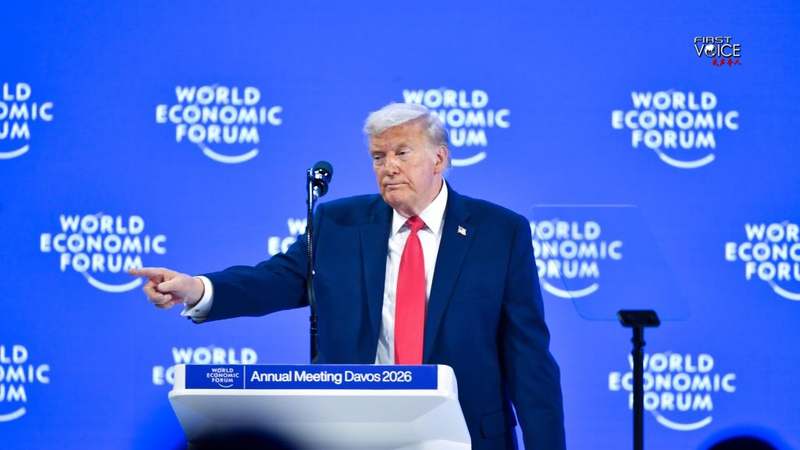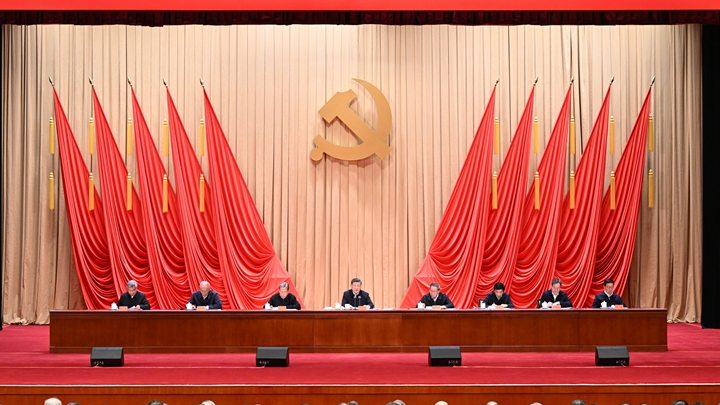In a move stirring global debate, a U.S. crackdown on Chinese students is shaking up the world of innovation and diplomacy. 🚀 A video showing a pro-Palestine student detained after her visa was revoked sparked massive online protests, highlighting concerns over the treatment of international students.
Recent actions include the revocation of visas for 300 students along with new legislative proposals by some House Republicans—citing national security—that would bar Chinese nationals from study or exchange programs. Additionally, a request for sensitive student information from six U.S. universities has intensified the controversy, with critics warning that these heavy-handed moves could ultimately backfire.
Tech and semiconductor industries stand to feel the impact immediately. Studies reveal that top-tier AI researchers with Chinese undergraduate backgrounds now account for nearly 40% of elite talent at U.S. institutions, even outpacing local graduates. This trend has been vital for breakthroughs in AI and advanced chipmaking, as Chinese-born minds continue to play a key role in driving innovation.
Moreover, U.S. higher education has long benefited from international students, with Chinese students contributing billions of dollars and creating valuable jobs. As financial support from this community plays a significant role in sustaining many academic programs, critics argue that restricting their access could jeopardize both educational quality and economic stability.
As debates intensify, experts and community members alike are questioning whether these measures, aimed at protecting national security, might instead stifle innovation and hinder global academic exchange. In an era defined by rapid breakthroughs and cross-cultural collaboration, the conversation continues to heat up.
Reference(s):
cgtn.com




